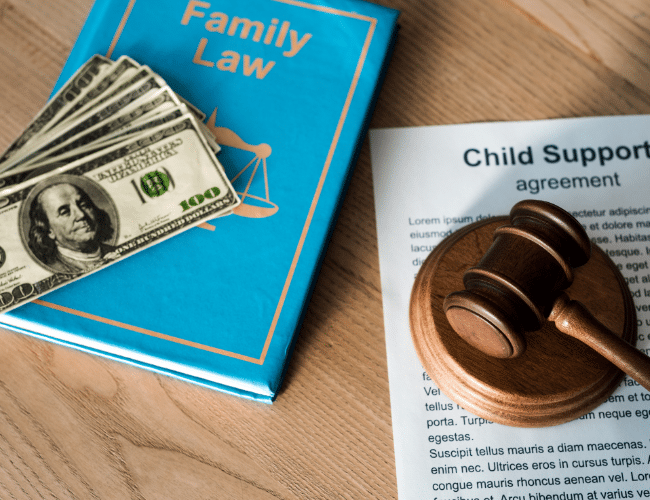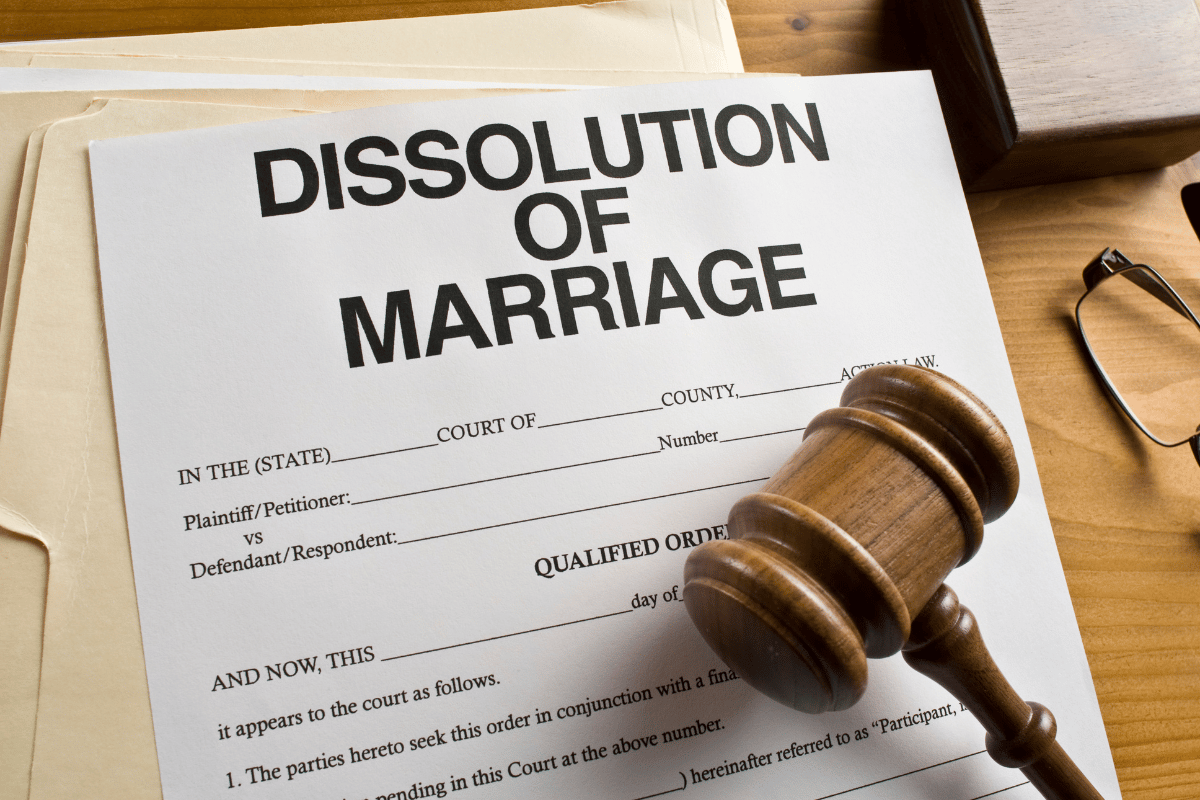Facing criminal charges after an arrest is bad enough. However, when a person is arrested because they were tricked or coerced into committing a crime, it is even worse. When the person tricking another into breaking the law is a police officer or other government authority, it is known as entrapment. Entrapment is an affirmative defense that can be raised in a criminal case. Entrapment is illegal, but it is also largely misunderstood. Both federal law and state law cover entrapment, but unless you have been charged with a federal offense, Florida’s laws on entrapment will apply. Below are the basics on the law of entrapment in Florida.
What the Florida Statutes Say About Entrapment
Entrapment is covered under Florida Statute §777.201. The statute states that when the police or any member of a law enforcement agency coerce or encourage a person to commit a crime and arrest that person for the crime, it constitutes entrapment. Entrapment is unlawful and so, when a defendant can prove they were the victim of such tactics, the court may dismiss their criminal case.
There are two different types of entrapment. The first is objective entrapment, which requires jurors to determine if the actions of the law enforcement officer caused a normally law-abiding citizen to commit a criminal act. Subjective entrapment, which is the test that Florida uses in entrapment cases, requires jurors to determine if the person that committed the crime would have done so anyway, without any intervention from the law enforcement officer.
Due to the fact that Florida follows the test of subjective entrapment, the burden of proof is on the defendant to prove that the officer’s actions were the main reason they committed the crime. Defendants must also prove that they did not have a motive for committing the crime on their own.
Common Examples of Entrapment
Although entrapment is a part of many different criminal cases, there are some forms of entrapment that are more common than others. These include:
- Prostitution: Law enforcement officers may act as though they are soliciting prostitution or that they are willing to engage in an illegal activity. Prior to doing so, the officer must already suspect that a person is willing to break the law.
- Drug trafficking: In Florida, reverse drug trafficking is quite common. This form of entrapment occurs when an undercover officer uses an informant to lure individuals that would not otherwise commit a drug crime, often for a cash incentive. For example, the informant may arrange for an innocent person to exchange a package for some cash, and they will receive a percentage of that cash. In this case, the person making the exchange does not know that the package contains a drug.
- White collar crimes: These offenses often occur in a place of employment and include embezzlement, insider trading, and other white collar crimes. An employer may suspect that an employee is committing a crime and speak to a police officer that will try to coerce the employee into breaking the law.
It is important to understand that not all undercover police officers are guilty of entrapment. However, the person that breaks the law must have been predisposed to committing a crime.
Our Florida Criminal Defense Lawyers can Help if You Were the Victim of Entrapment
Being arrested is a scary situation and learning that you were tricked or coerced into committing the crime only makes it more frustrating. If you feel that you were the victim of entrapment, call our Orlando criminal defense lawyers at O’Mara Law Group. We know how to prove that you would not have committed the crime without police interference, and will give you the best chance of having your case dismissed. Call us today or contact us online to speak to one of our experienced attorneys.



